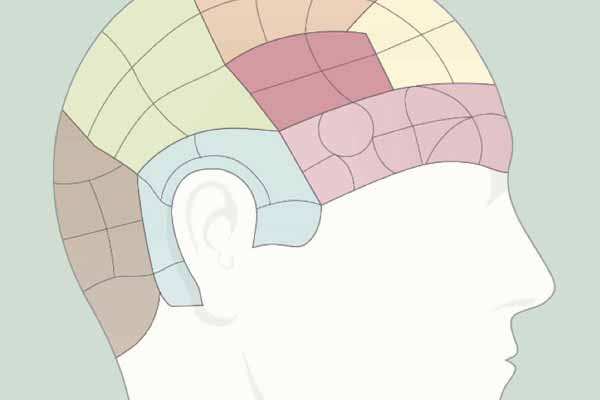
Physicians are using the Child Psychiatry Access Network (CPAN) in steadily growing numbers, but many more can – and should – take advantage of this free behavioral health service, says Nhung Tran, MD, a developmental-behavioral pediatric specialist in Austin who serves as CPAN’s pediatric consultant and the Texas Pediatric Society’s liaison to CPAN.
CPAN, which is part of the Texas Child Mental Health Care Consortium (TCMHCC), gives pediatricians and family physicians across Texas telemedicine-based consultation and training on community psychiatry. A pediatrician or family physician caring for a patient with psychiatric needs can call CPAN and typically get professional advice in minutes.
CPAN got off to a rough start because its May 2020 launch coincided with the spread of COVID-19 in the U.S. But since then, the service has become a hit with physicians in need of help with behavioral health problems, Dr. Tran says.
“[Physician participation] is growing nice and rapidly,” she said. “But there’s a long way to go – for currently enrolled primary care providers to utilize it as many times as they want, while also focusing on enrolling more primary care doctors, too.”
The most important reason to use CPAN: It gives patients a fast route to treatment, says El Paso psychiatrist Sarah Martin, MD, who sits on the TCMHCC board and helped set up CPAN. Texas has a worsening shortage of mental health care professionals. Mental Health America ranks Texas 51st in access to mental health care among the 50 states and District of Columbia.
“The longer anyone goes with an untreated psych problem, the harder it is to treat that problem,” she said. “It’s just like any other medical problem. You don’t want to treat someone when they’ve had diabetes after five years. You want to do it when they’ve had it two weeks.”
Another reason to use CPAN is to potentially improve funding for the program – as well as other mental health initiatives – by showing Texas policymakers CPAN’s widespread support among health care professionals, Dr. Tran says.
CPAN serves as a vital workforce extender, allowing primary care physicians to handle cases that would otherwise have to be tackled by sometimes hard-to-find mental health professionals, Dr. Martin says.
CPAN can arrange workshops for physicians and their staff members on specific psychiatric topics, Dr. Martin says. But its biggest service comes in advising physicians and other health care professionals on how to handle diagnosis, medications, and referrals.
Most patients referred by primary care physicians to mental health professionals never follow up, Dr. Martin says. Part of the reason is patients run a gauntlet of obstacles to see a mental health professional in a timely manner.
“Part of the problem is that the parents get discouraged just calling around [to counselors or psychiatrists], and everybody has long waiting lists, they don’t take their insurance, or don’t take people without insurance,” she said.
CPAN saves the patient and the physician time by making sure the mental health professionals the service suggests are willing to see the patient quickly and can take the patient’s insurance, Dr. Martin says.
Many physicians mistakenly believe only they can call CPAN, Dr. Martin says. But anyone working in a physician’s office can call on their behalf.
“[Physicians] can delegate that to someone else in their clinic,” she said. Enrolling in CPAN “signs up the whole clinic, not just the provider.”
Ultimately, CPAN is designed to help physicians build up their knowledge and skills in managing children’s mental health, Dr. Tran says.
“The idea is that they’ll get better about doing this,” she said. “The end goal of CPAN is to improve primary care behavioral health care.”